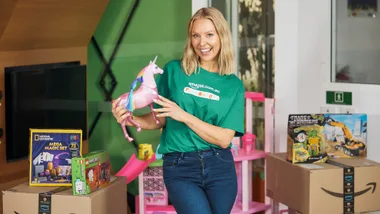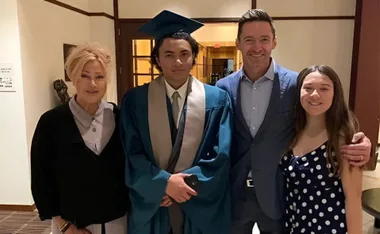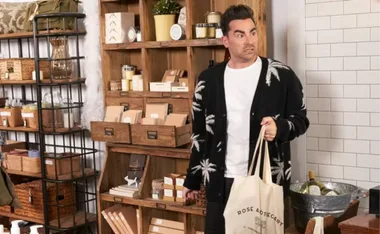Following an exhaustive search across Australia, these outstanding and inspirational young women have been selected as the finalists for this year’s The Australian Women’s Weekly La Trobe Financial Women of the Future Awards.
Meet them all and read their captivating stories below.
Molly Rogers & Emma Clegg – Victoria
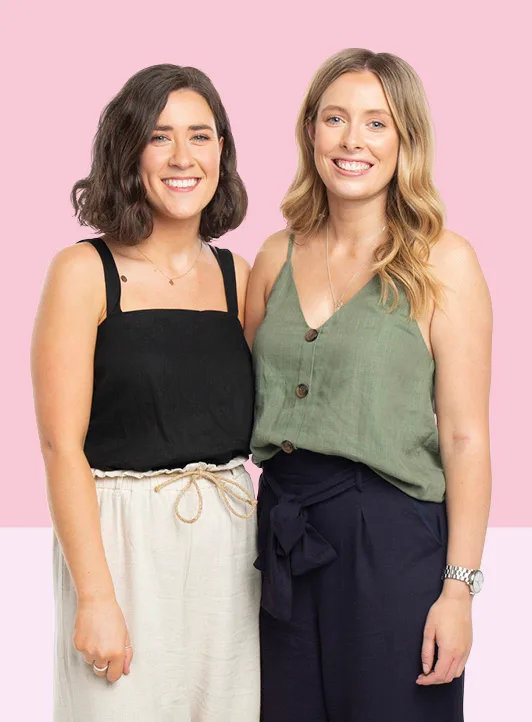
Emma and Molly started JAM The Label in 2019.
(Supplied)Molly Rogers and Emma Clegg met while studying occupational therapy at university and bonded over a shared passion for their work.
They were casual disability support workers for teenagers named Jack and Maddie at the time, and would discuss how difficult the teens found dressing, given they both used wheelchairs.
“Anything that was easier for them to get dressed in was not cool. Why should they have to compromise on fashion just for functionality?” Emma says. “We put our OT brains to the task. If you can’t adapt the way a task is done, you adapt the equipment. So that’s when we thought of adaptive clothing.”
In early 2019 they created JAM the label – named after Jack and Maddie – to provide inclusive clothing to young people with disabilities. Design features include shirts that close with magnets instead of buttons and pants that have extra room for comfort when seated.
JAM launched with just one product and now has a full range stocked by external retailers Averee, EveryHuman and THE ICONIC. It’s still a small business, but momentum is building.
“People with a disability should have the same opportunity to buy a great outfit that makes them feel confident and happy,” Emma says.
Visit jamthelabel.com for more information.
Angelique Wan – New South Wales
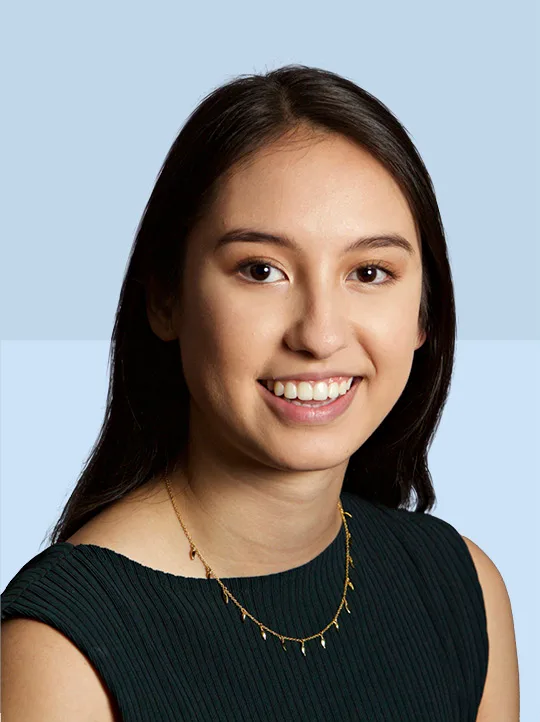
Angelique Wan co-founded Consent Labs in 2016.
(Supplied)Angelique Wan was in her second year of university when she began to question everything she thought she knew about consent, relationships and sexual harassment. She looked around and asked why things were the way they were.
“Every time we went out for an innocent dance with friends, we ended up being groped by some random,” she says.
“At that time in our lives, when we were 19, this sexual harassment was the norm, but we didn’t have the vocab to call it out at the time. Our friends were coming to realise they had been sexually assaulted, but years down the track. Dr Joyce Yu (co-founder) and I wondered why. It all comes down to one word – consent – and the lack of understanding around what consent is.”
In 2016, they set about establishing Consent Labs, a youth-led not-for-profit revolutionising discussions around sexual consent, harassment and assault. In 2021, they’ve delivered education to 10,000 people across six different states and territories.
“We empower young people and contribute to wider social change by also educating parents and educators,” Angelique says.
Visit consentlabs.org.au for details.
Hannah Diviney – New South Wales

Hannah wants to increase the visibility of marginalised women and girls.
(Supplied)Hannah Diviney launched a petition last year, asking Disney to create a princess with a disability. Growing up with cerebral palsy, Hannah questioned why she never saw people like her in films or on TV.
“Growing up without representation can be really damaging,” she says.
Her petition now has more than 53,000 signatures, and Hannah’s crusade to increase the visibility of marginalised women and girls, particularly those with a disability, attracted the attention of Reese Witherspoon’s Hello Sunshine brand, which spotlighted the global publication platform she helped to build, Missing Perspectives.
Launched in June 2021, it provides a space for young women to share their stories, and increase their role in media and democracy.
“I grew up without role models for what my life could look like, and I’d like to be that for the next generation,” says Hannah.
Visit missingperspectives.com to find out more.
Camille Goldstone-Henry – New South Wales
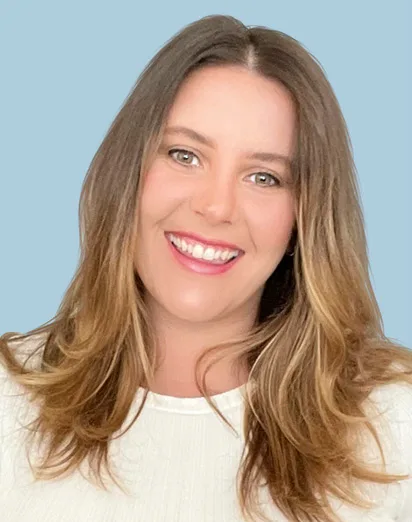
Camille’s childhood influenced her love of nature and animals and led her to develop Xylo Systems.
(Supplied)Kamilaroi woman Camille Goldstone-Henry had a quintessential coastal upbringing, spending her days surfing, bushwalking and camping, instilling in her a strong connection to Australia’s animals.
“My parents really embedded into me and my siblings the importance of caring for nature in a way that is sustainable for future generations,” she says.
It was this passion that drew her to animal and veterinary bioscience at university, and then work managing conservation projects for species including the Tasmanian devil. She loved this work, but became concerned about inefficiencies.
Camille says, “We are losing a species every three to five minutes on this planet. We’re in a biodiversity loss emergency. To combat this, there are thousands of conservation teams and researchers working to save our species, but they don’t have an easy way to connect and share information and make informed decisions. This is leading to siloed and duplicated efforts, wasting the finite time and resources we have to save these species.”
Camille came up with the concept for Xylo Systems, a cloud-based platform to connect, track and manage conservation projects.
“The platform will aggregate data from various sources and provide insights into some of these conservation projects so decision makers can optimise resources.”
She started the project in July 2020 with the support of incubators for environmentally friendly start-ups, and Taronga Zoo is supporting Camille to test her platform.
Visit xylosystems.org
Martina Ucnikova & Jessica Short- Western Australia

Martina and Jess met while working in politics in WA and started She Runs.
(Supplied)Martina Ucnikova and Jessica Short had very different upbringings, but the role models who inspired them led them to the same place.
For Sydney-born Jessica, it was her mother who, having been pulled out of school in Mauritius at age 12, was determined to see Jess go to university. For Martina, who was born in the former Czechoslovakia, it was Czech-born Madeleine Albright who, as US Secretary of State, was on the news each evening talking about the war in the Balkans.
When Jess and Martina met while working in politics in WA, they discussed the lack of women and diversity in politics and decided to start She Runs, a not-for-profit organisation empowering women to be at the forefront of political life in Australia.
“There aren’t a lot of young and ethnically diverse female voices in the agenda,” Jess says. Martina adds: “We view She Runs as a platform for women to realise their full potential. We want to minimise the hard obstacles to participation in politics.”
By October this year, 40 women had graduated from the She Runs program.
“We’ve seen a lot of stories come out in Australian politics over the last year or two about women experiencing discrimination, harassment and even assault in politics. We really strive towards a more inclusive environment for She Runs,” Jess says.
Visit sheruns.org.au for more information.
Mannie Kaur Verma – Victoria
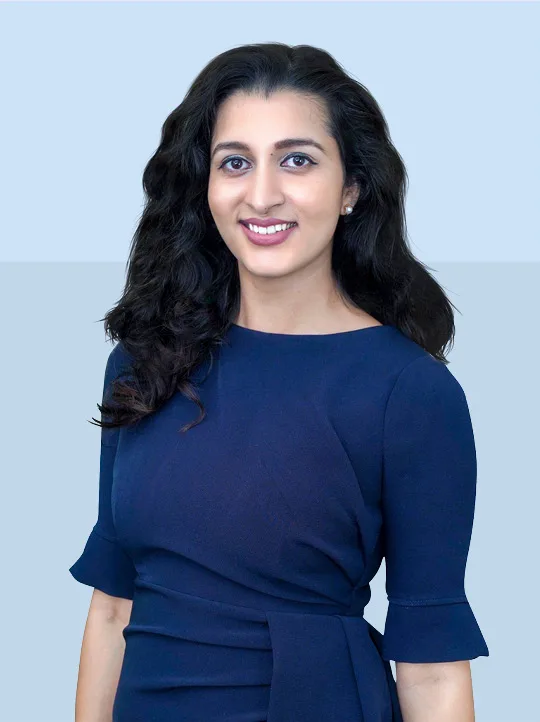
Mannie co-founded Veera – Brave Girl to provide resources to vulnerable women.
(Supplied)Mannie Kaur Verma was working as a lawyer when she discovered that not every migrant family had the happy success story that her own did.
She saw many young women, particularly migrants, who were subjected to violent and abusive relationships.
“A lot of women come here on partner visas, so they are dependent on their partners. They have no networks. No support systems. No access to resources,” she says.
They would call her from their friend’s phone because they were scared their partner would find out they were getting legal advice.
Mannie co-founded Veera – Brave Girl with the goal of providing a network of resources for vulnerable women to leave violent relationships. Veera aims to educate women on everything from basic skills such as opening a bank account to sourcing pro bono legal advice.
You can read this story and many more in the December issue of The Australian Women’s Weekly – on sale now.
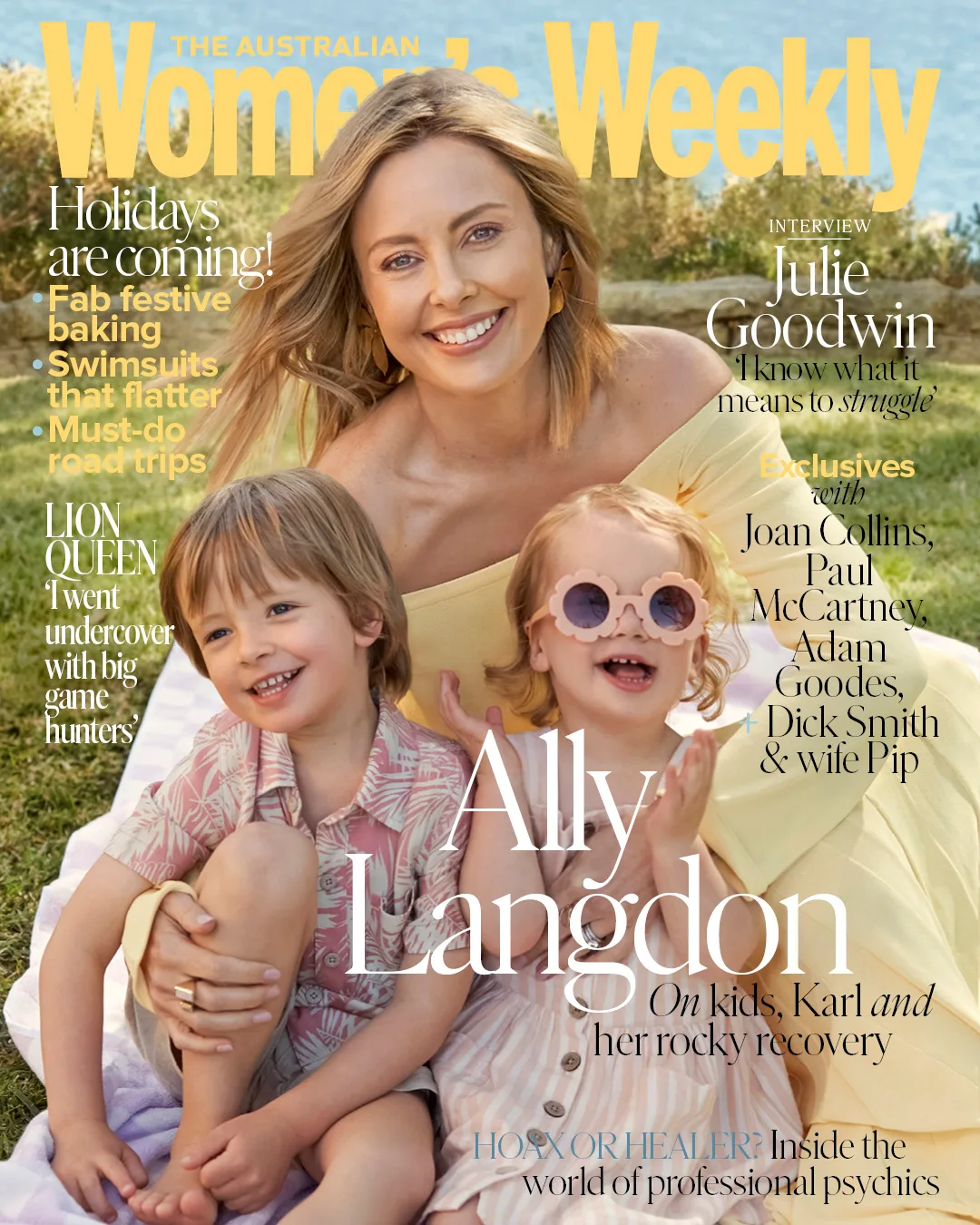
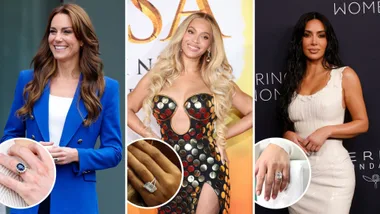

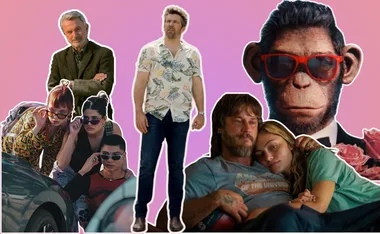

.png?resize=380%2C285)


